Before there was Daisy Jones and The Six, there was Fleetwood Mac.
Prime Video has officially adapted Taylor Jenkins Reid's beloved novel about a legendary '70s rock group into a miniseries, available to stream today. Both the book and the show follow the structure of a music documentary, with lead singer-songwriters Daisy Jones and Billy Dunne, other members of The Six, music historians, and producers being interviewed decades after the band's highly-publicized breakup.
Understandably, Jenkins Reid's immersive universe left many people with the same question (and, if you're reading this, there's a chance you're wondering the same thing too): Were they real people?
Well, no. Daisy Jones and The Six, along with the rest of the characters that orbit them in the story, are entirely fictional. But, they were based on a real rock band that reigned the decade—Fleetwood Mac.
In a blog post for production company Hello Sunshine, Jenkins Reid explains the lasting effect that Fleetwood Mac's reunion show, The Dance, had on her. She recalls her 13-year-old self watching Stevie Nicks sing "Landslide" with guitarist Lindsey Buckingham next to her onstage.
"Stevie and Lindsey moved closer to one another, smiling tenderly, maybe even a little bit wistfully. Lindsey stopped strumming for a moment and Stevie let it fly as he watched from the sideline. And for one split second—truly, a slice of a moment—Lindsey put his fist under his chin and looked at Stevie as if she was a miracle. And I thought, 'Oh, they’re in love with each other,'" the author wrote. "Imagine my surprise when my mother later explained that, though they had once dated, they weren’t together anymore. This completely defied logic to me. But they love each other! I saw it with my own eyes!"
The scene would stick with Jenkins Reid when, years later, she decided to write a book about rock 'n' roll.
"I kept coming back to that moment when Lindsey watched Stevie sing 'Landslide.' How it looked so much like two people in love," she wrote. "And yet, we’ll never truly know what lived between them. I wanted to write a story about that, about how the lines between real life and performance can get blurred, about how singing about old wounds might keep them fresh."
Jenkins Reid continued, "Even after copious amounts of research about Fleetwood Mac and a host of other duos and bands, I’m still taken with that moment between them. I can’t help but marvel at the idea that, despite everything they’d been through, Stevie and Lindsey still loved each other then. Or how, despite what it looked like to us all, they no longer did."
In the book, Daisy Jones and Billy Dunne are clearly meant to be Stevie and Lindsey surrogates; it's their artistic collaboration that launches The Six into a level of fame and acclaim that they otherwise might not have reached, just as Stevie and Lindsey's contributions helped propel Fleetwood Mac into the mainstream. (After Stevie and Lindsey joined the band in 1974, their subsequent self-titled album reached No. 1 on the U.S. Billboard 200, with hit singles like "Rhiannon" and "Landslide" still impacting pop culture today.)
Fans might also notice aesthetic similarities between the fictional and real-life duos. In the mini series, Daisy often takes the stage tapping away at a tambourine while engulfed in flowing transparent shawls, like Stevie, while Billy sports a curled shaggy haircut while playing lead guitar, like Lindsey.
Of course, other parallels can be drawn between the intra-band romances that occurred in both the fictional and real-life groups. (Warning, spoilers for Daisy Jones & The Six are ahead.)
Daisy and Billy's emotional affair is at the heart of the novel. Though they never officially become a couple due to Billy's loyalty to his wife and children, their fiery chemistry sparks songs that not-so-subtly reference their passionate feelings towards each other. Meanwhile, Stevie and Lindsey joined Fleetwood Mac while already in a relationship together, though their tumultuous romance and eventual break-up led to iconic songs like "Dreams," "Silver Springs," and "Go Your Own Way." (Daisy's in-book lyric of, "When you think of me, I hope it ruins rock and roll," can be seen as a nearly sterile version of Stevie cursing Lindsey with the haunting line, "You'll never get away from the sound of the woman that loves you.")
Daisy and Billy, and Stevie and Lindsey, weren't the only band members in love.
In the novel, The Six's keyboardist, Karen Sirko (played by Suki Waterhouse), and guitarist, Graham Dunne (played by Will Harrison), also strike up a relationship, drawing a parallel to the marriage of bass guitarist John McVie and keyboardist Christine McVie.
At the height of both bands' successes, all of these relationships would fall apart.
While recording their 1977 album, Rumours, Fleetwood Mac was infamously embroiled in criss-crossing scandals that involved break-ups, divorce, and affairs—and ultimately inspired the album's title. The eight yearlong marriage between John and Christine unraveled; drummer Mick Fleetwood was also in the midst of divorcing his wife, the model Jenny Boyd; and Mick and Stevie began a love affair that would last for two years.
As Mick later put it in a 2014 interview, "Making Rumours almost killed us."
He elaborated, "When we were at the studio, everyone behaved professionally, if a bit chilly towards one another. But again, how could they not be when our songwriters (Lindsey, Stevie and Christine) were writing about their ex-partners (Stevie, Lindsey and John), who were playing and singing on those very songs? And listening to them over and over until we got it all just right?"
One stark difference between The Six and Fleetwood Mac? Though Stevie and Lindsey's romance wasn't destined to last, just like Daisy and Billy's, the end of their relationship didn't immediately lead to the band's downfall.
Instead, the Rumours line-up of Fleetwood Mac would create five albums in total together (compared to The Six's single album with Daisy). They also went on to earn the Grammy for Album of the Year in 1977, be honored with a star on the Hollywood Walk of Fame, and create multiple No. 1 hit songs.
Lindsey officially left the band in 1987, while Stevie exited in 1991.
In her Hello Sunshine blog post, Jenkins Reid pondered on the impossibility of ever truly knowing what conspired between Stevie and Lindsey.
"For all of their tumult, Stevie and Lindsey probably still love each other and don’t love each other, hate each other and don’t hate each other. There probably aren’t any words to describe it. It probably won’t ever be distilled perfectly in a song," she said. "Life is rarely as clean as the art we make from it. But still, I keep wondering."
Digital Associate Editor
As an associate editor at HarpersBAZAAR.com, Chelsey keeps a finger on the pulse on all things celeb news. She also writes on social movements, connecting with activists leading the fight on workers' rights, climate justice, and more. Offline, she’s probably spending too much time on TikTok, rewatching Emma (the 2020 version, of course), or buying yet another corset.
"story" - Google News
March 03, 2023 at 08:11PM
https://ift.tt/wNoTaMC
The True Story of Fleetwood Mac, the '70s Band That Inspired 'Daisy Jones & The Six' - Harper's BAZAAR
"story" - Google News
https://ift.tt/QYnjswB
https://ift.tt/y26zxfX
Bagikan Berita Ini
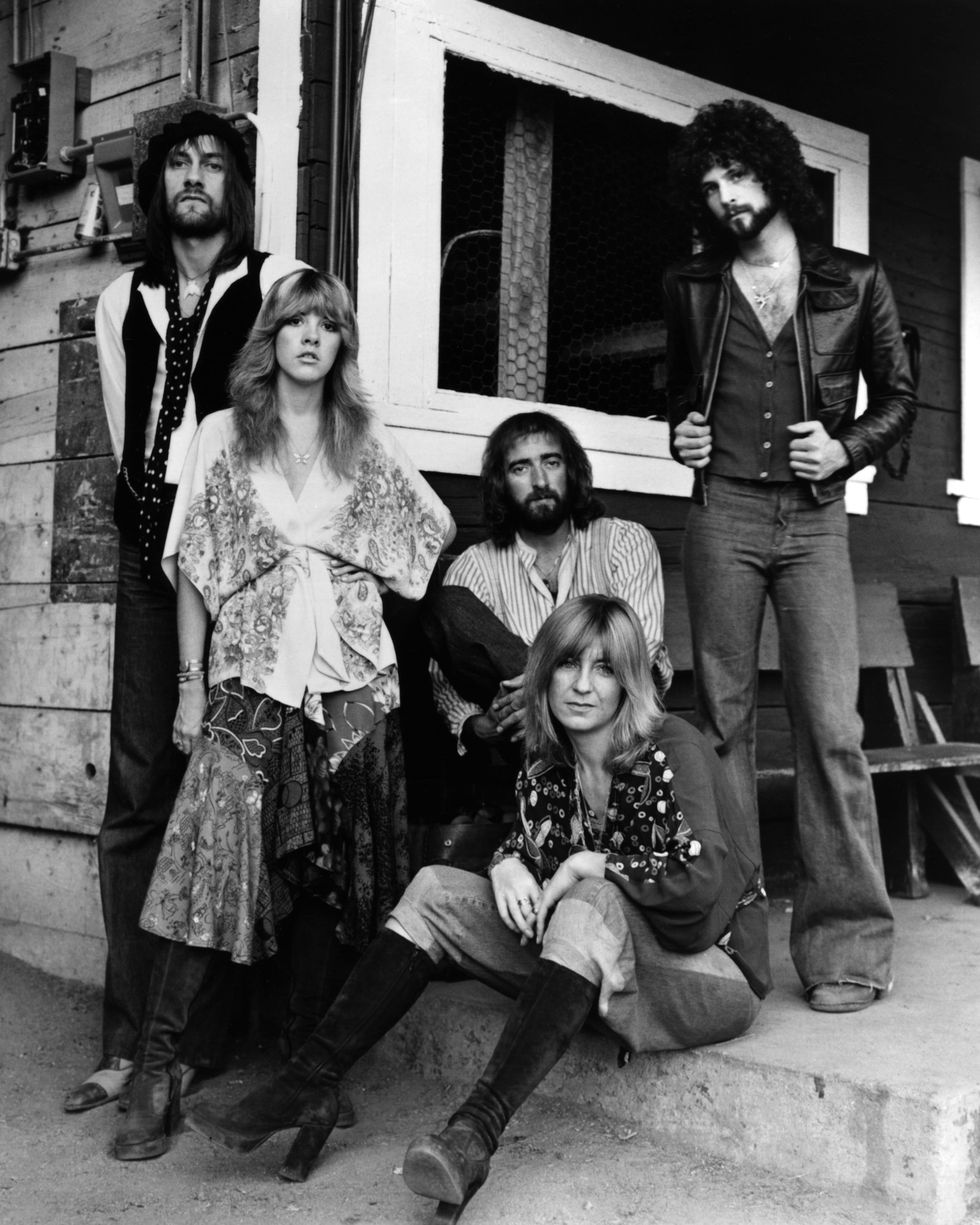
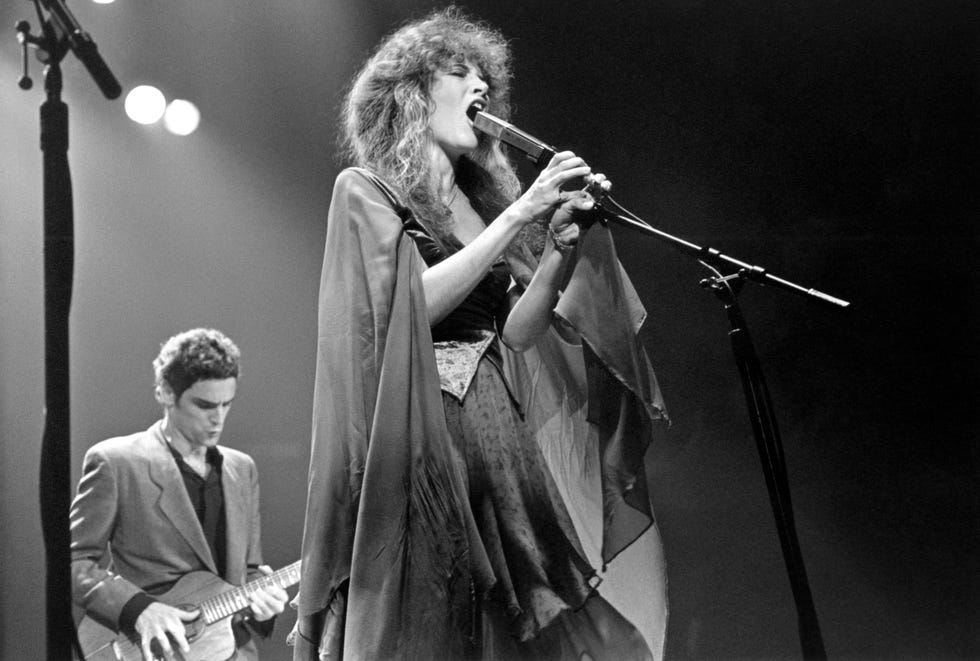
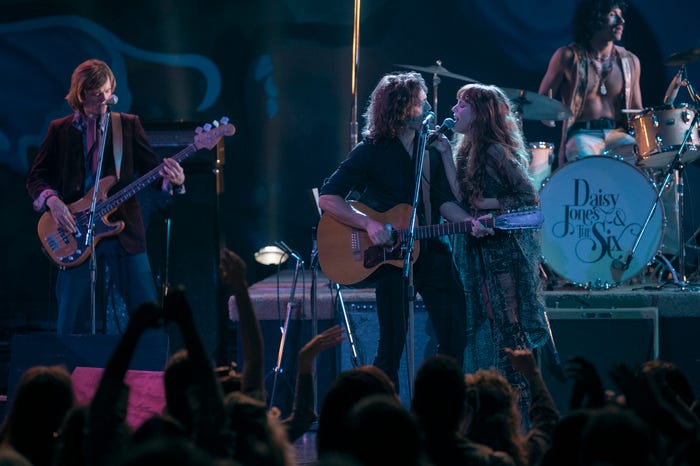
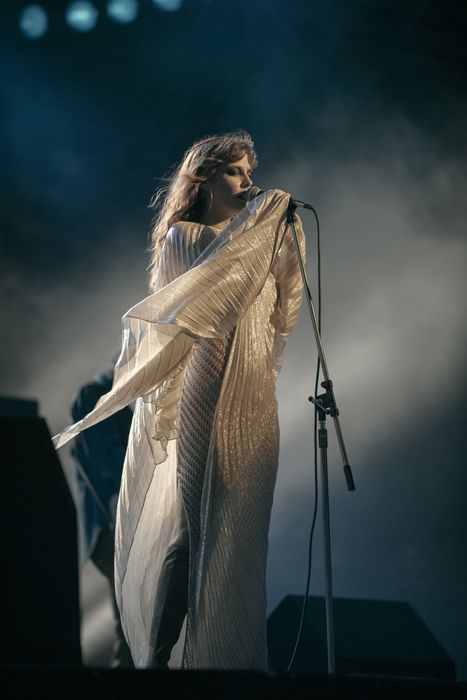
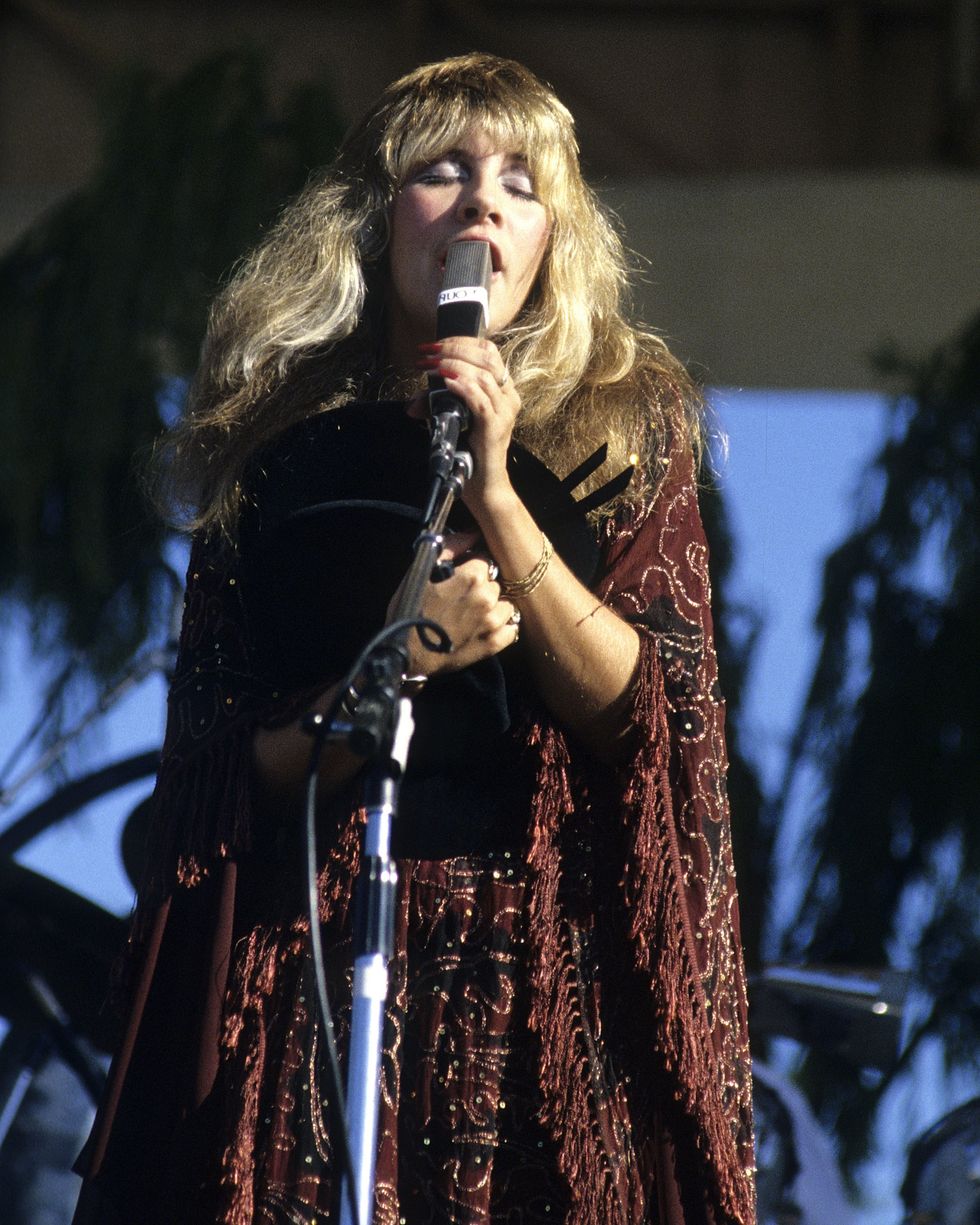
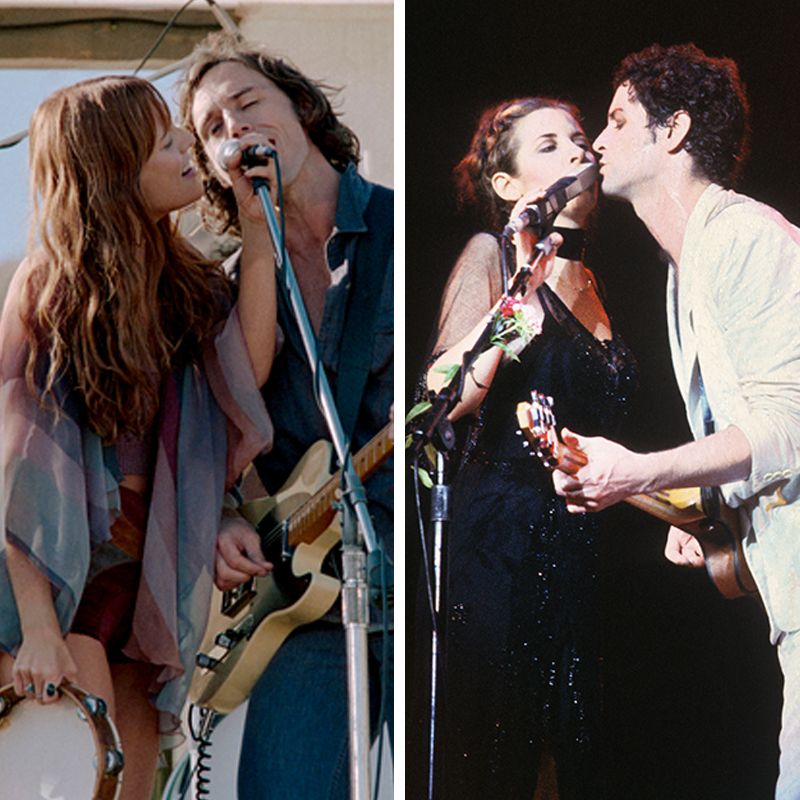
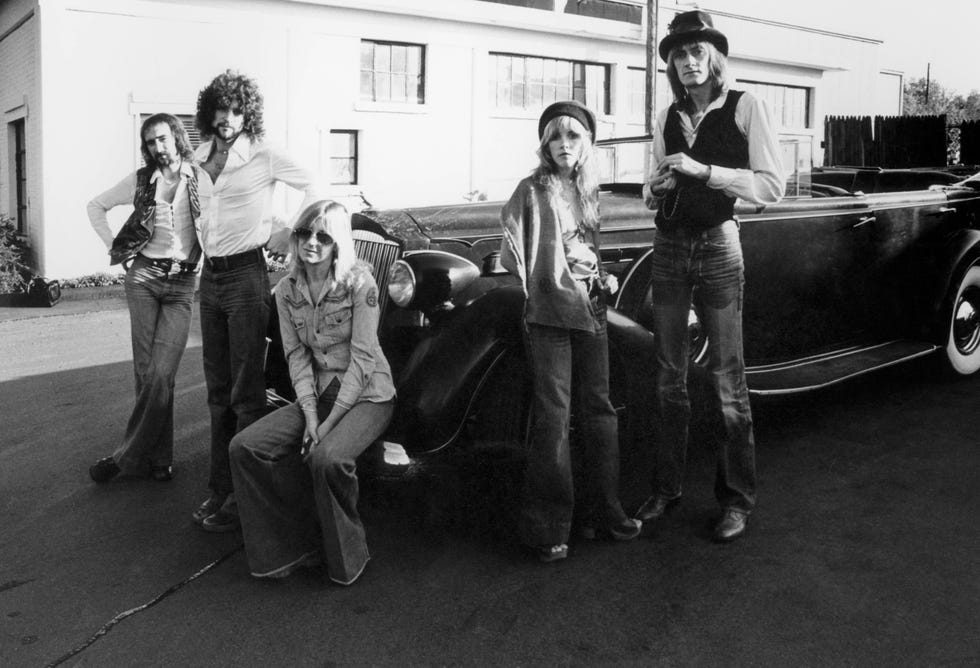
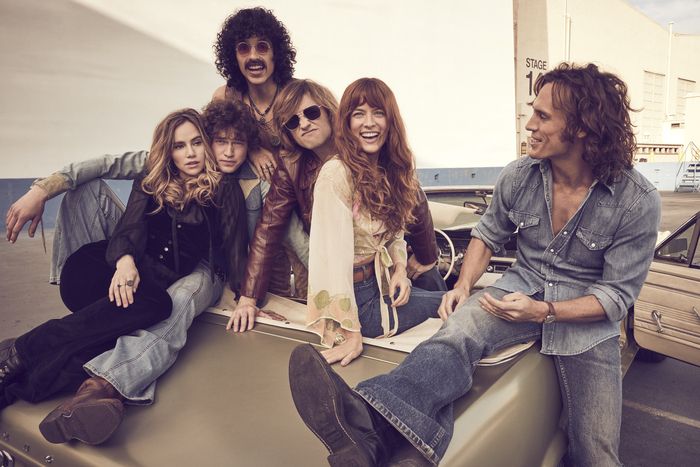

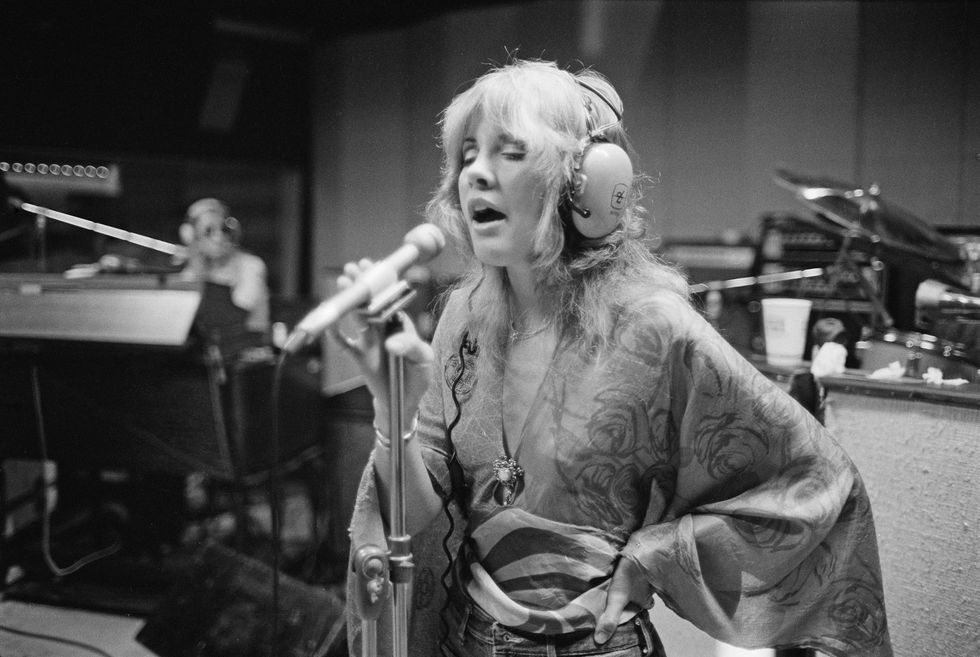














0 Response to "The True Story of Fleetwood Mac, the '70s Band That Inspired 'Daisy Jones & The Six' - Harper's BAZAAR"
Post a Comment